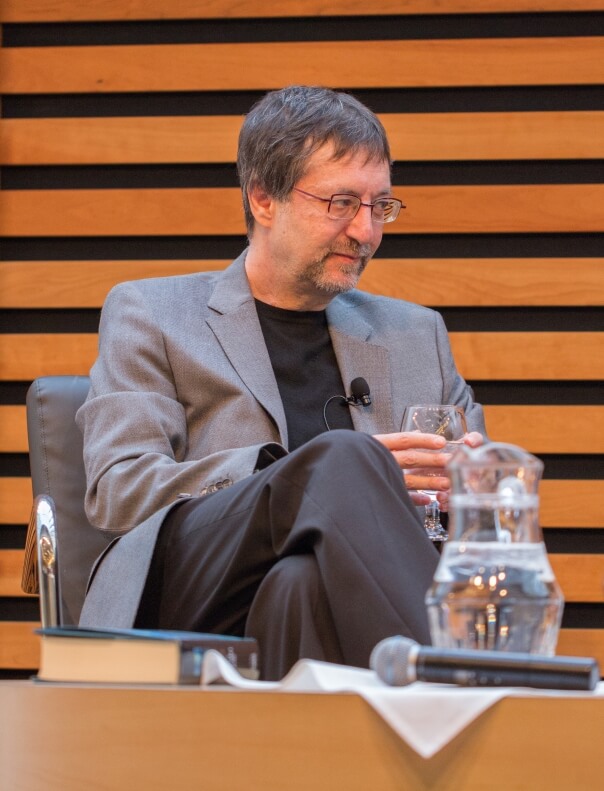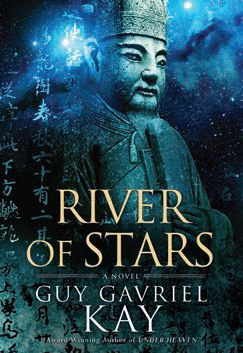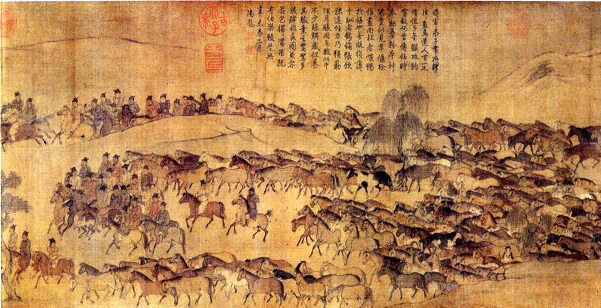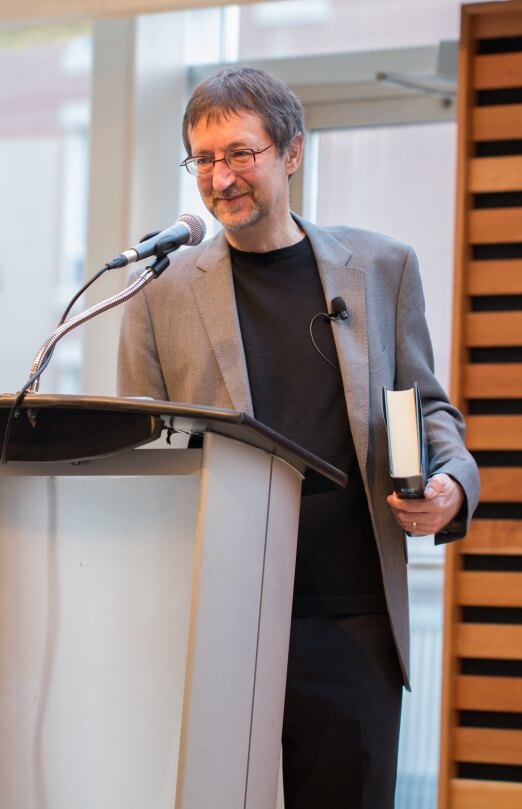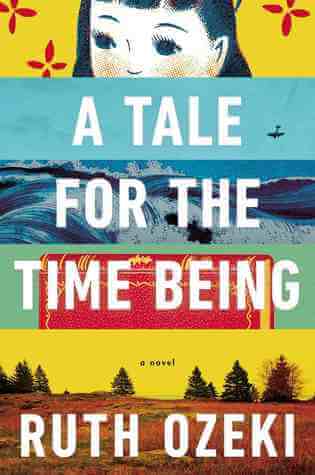
|

|
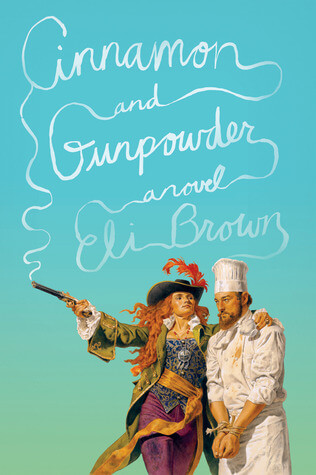
|
This has been an interesting year in books for a number of reasons, from the changing face of the landscape itself (self-publishing, big publishing house mergers) to major nominations and award wins for Canadian authors, to my own reading habits. I included more non-fiction in my reading list this year, and for the first time began listening to audiobooks. I read 64 books total (not including manuscripts for work, of course! That would push the number considerably higher).
This year I consumed 15 audiobooks (two of which, A Tale for the Time Being and Night Film, I enjoyed in combination with their book version, because they both included visual material that enriched their stories), three short story collections, three non-fiction titles, five mysteries, seventeen historical fiction books, two YA, and ten sci-fi/fantasy/horror genre. I’ve read books set in eighteen different countries, and because of discussions on diversity in publishing at BookCampTO 2013, I’ve become more conscious this year of how many books I read by people who don’t look like me. (For the record, this year I read exactly the same number of books by women as I did by men, without any forethought, and fourteen books featuring main characters and/or written by authors of colour. That second number could certainly be higher.)
As for my blog, the number of views in 2013 is more than double that of 2012, I included more author interviews, ran my first contest, and participated in a few blog tours. I also learned that I’m really bad at keeping up readalong posts, and the next one I attempt, if I do one, I’ll write in its entirety before starting to post! I want thank everyone who has stopped by to read, and who commented or tweeted or emailed. Thanks for the conversation! I look forward to a bigger and better 2014.
And now the fun part: my list of my favourite-favourite books of everything I read in 2013! (You can check out 2012’s list here.)
In chronological reading order, my favourites of 2013 are:

